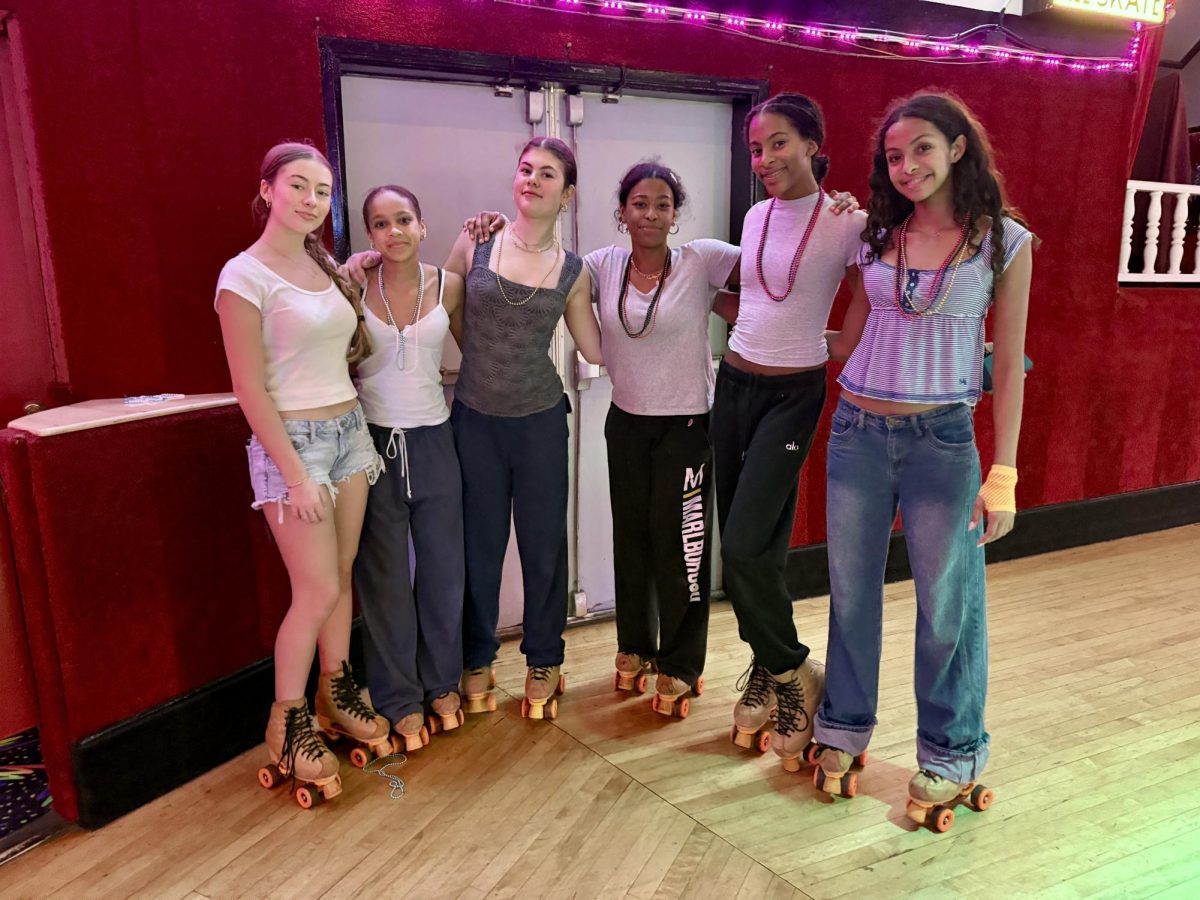In response to student feedback from student identity-based groups and club leaders, Club Fair, which took place on Monday, Sept. 19, was altered for the 2022-23 school year, as affinity groups will not be part of Club Fair going forward and interest groups were added.
In past years, clubs and student identity-based group leaders have shared Club Fair as a space to introduce their mission to the community and gather more club members. However, Dean of Social Justice and Community Partnerships Pamela Wright and Community Partnerships Program Head Javier Espinoza decided to hold a separate fair for student identity-based groups this year, which occurred on Monday, Sept. 12.
During a meeting, Wright, Espinoza and student identity-based group leaders agreed that the purpose of an affinity group is distinct from a club, and the two shouldn’t be grouped in the same event.
“Club Fair is a very overwhelming event,” Co-President of the African American Cultural Exchange Cassidey Fralin ‘24 said. “It’s important we have a different space for affinity groups; the two fairs being separate gave Marlborough students the opportunity to converse with the affinity group leaders to really understand what they were signing up for.”
The Student Identity-Based Group Fair offered an online sign-up sheet, after the event. Some affinity group leaders pointed out that students should be given this option if they are reluctant to publicly share a part of their identity.
“It is hard for some students to walk up to a table in front of hundreds of people and join,” Wright said. “We were hoping that having a second event would create intimacy, but also an opportunity for affinity groups to share exactly what they do in a more personal way.”
Another large change this school year is the distinction made between clubs and interest groups. While interest groups are similar to clubs, as they are formed around a shared interest, leaders of these groups are not required to find an advisor and consult them through decision-making processes for their group.
“The label ‘interest groups’ doesn’t mean they aren’t doing work or gathering; it means they are self-sufficient and they don’t need an advisor as the stakes are lower,” Wright said. “Interest groups don’t need transportation or fundraising, they just want to be together.”
According to Espinoza, student feedback is important to both him and Wright, as it allows them to alter events to best accommodate students’ needs.
“We are always open to changing things year to year,” Espinoza said. “This year we incorporated student feedback in the sense that we didn’t want to prevent students from gathering together or deter them from starting or joining a club or student identity-based group.”






